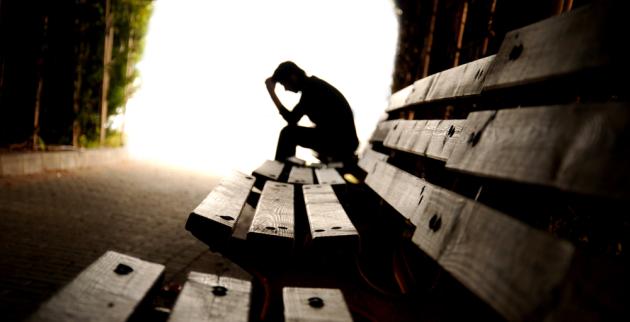Female Genital Mutilation (FGM)

FGM is also known as female circumcision, cutting, or sunna.
There are no medical reasons to carry out FGM. It can cause long-term physical and emotional damage. It is a form of abuse, and illegal in the UK.
FGM is practiced in some parts of Africa, the Middle East and Asia. There are laws and campaigns against it everywhere.
Instant Expert: Find out all about the risks, watch the film and find out how to get help and support around FGM from the NSPCC.
Who is at risk?
Girls and women may be at risk if they are from a part of the world where FGM was practiced in the past. They may also be at risk if they have joined a family from one of these areas.
It can be done at any age. It is illegal in the UK, so may be done abroad or as part of a visit. Because most people disagree with it, it is usually arranged in secret.
Women who have had FGM done to them as a child are at risk, even if they have healed. They can have health problems later in life, but these can be improved by medical treatment.
The police can protect you if you think you are at risk of Female Genital Mutilation (FGM). You can also talk to any professional like a teacher, GP or school nurse.
Take action: The Oxford Rose Clinic offers free and confidential support to help any woman of any age who is having problems as a result of being cut, or who is at risk.
FGM is a crime
FGM is illegal to perform in the UK. It is also illegal to take a UK resident child to another country to have FGM. An adult who does this can be put in jail for up to 14 years.
There are laws to protect girls from being taken outside the UK if there is a risk of FGM. Support is available with or without the agreement of your family.
There are also laws which say all doctors, nurses, and other health care workers must report a girl at risk of FGM, or FGM which has already happened, to the police.
Take Action: You can call the NSPCC FGM helpline on 0800 028 3550 if you're worried a child is at risk of, or has had, FGM. It is free, anonymous and open 24/7.
Getting help
If you feel you are at risk of being cut (FGM), or you have a friend you feel may be at risk, then you can take action. There are lots of people who can help you.
You can talk to an adult you trust, such as a teacher, your Doctor or your school health nurse. They will be able to make sure that the person at risk is helped.
If you need to, you can see your Doctor (GP) at any age on your own, without your parents or anyone else coming with you.
You can also call Childline for advice on 0800 11 11.
Crucial: If you are in immediate danger of being cut or being taken out of the UK for FGM, call the police on 999.


